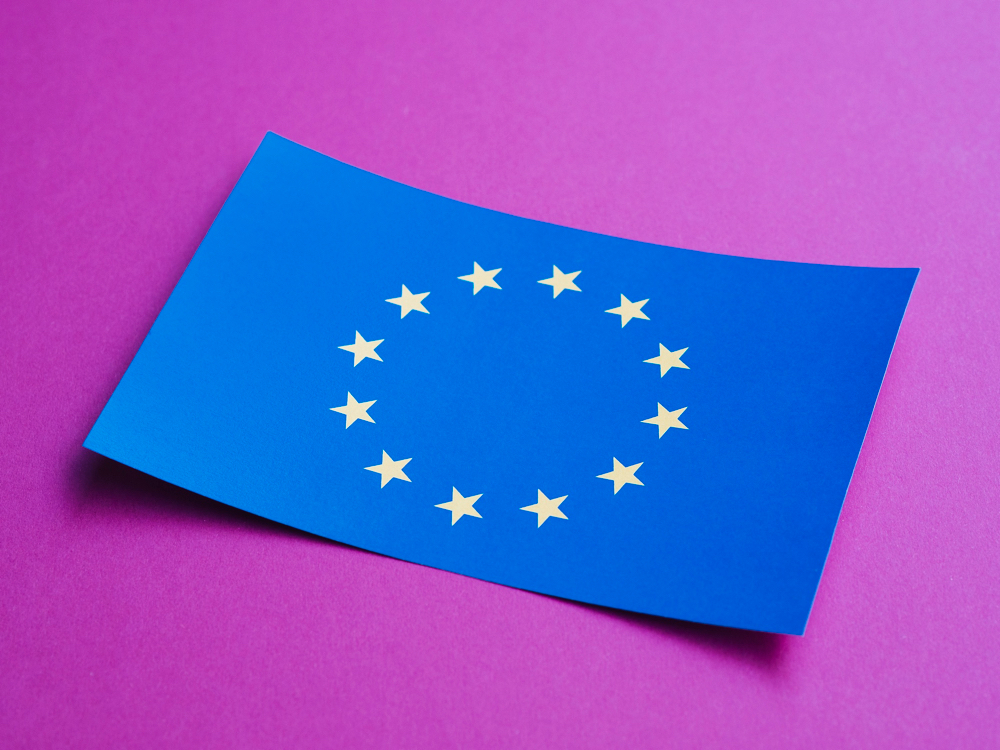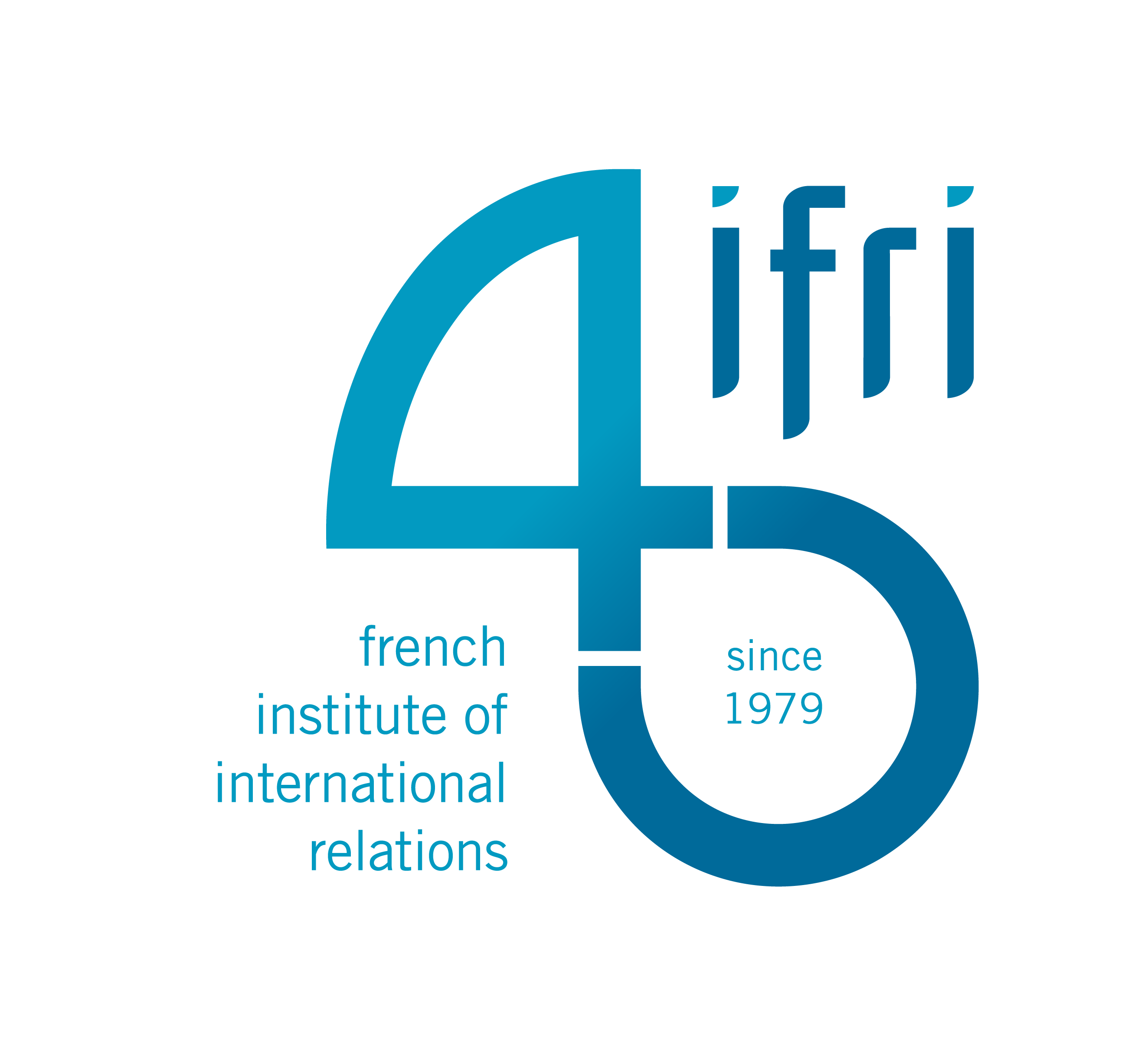At a pivotal moment for the EU, several of its member states are experiencing domestic political and economic crises. Is this hindering collective EU action in response to the challenges posed by Russia, China, and Trump’s administration?
The possible change in the chancellorship from the Social Democratic Party’s Olaf Scholz to the Christian Democratic Union’s Friedrich Merz following the February 23 election in Germany could scale back the country’s defense commitments and military aid to Ukraine. Germany is also currently too preoccupied with its own internal problems to fully assume its traditional role as mediator between the United States and the EU. Meanwhile, France’s budgetary problems limit its ability to play a leading role in diplomatic negotiations or defense initiatives.
Add to this a few member states are being led by populist or far-right parties: Hungary, Italy, Slovakia, perhaps soon Austria… These situations create a leadership vacuum in key countries, complicating collective decisionmaking at EU level. European institutions such as the European Council, the commission, and the Polish presidency of the EU Council can play a stabilizing role, but they cannot fully compensate for the absence of national leadership.
The EU must also fix its economic competitiveness deficit, a crucial issue if it is to finance its ambitions in terms of defense and ecological transition. However, the internal divisions and divergent priorities of member states make it difficult to develop a coherent economic strategy in the face of China or the Trump’s United States, even if there is Franco-German convergence.
About the Author
Paul Maurice, Secretary general of the Study Committee on Franco-German Relations at the French Institute of International Relations (Ifri).


